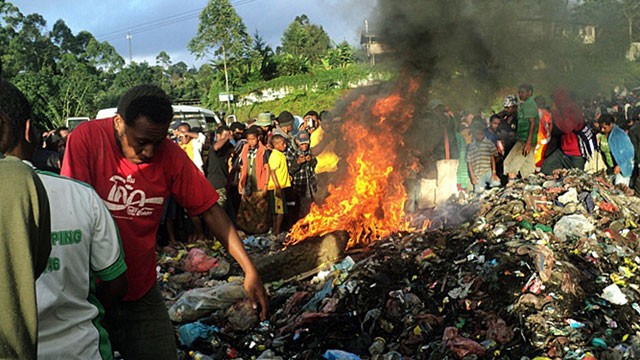By Brendan Bergh
Impunity Watch Reporter, South America
LIMA, Peru – In an effort to curb the rampant violence against women experienced in Latin America, the Executive branch of the Peruvian government is proposing legislation in order to expand the definition to further protect its population. The submitted bill will amend the countries Law on Protection against Domestic Violence (LPDV) expanding the definition of violence to include coercion via sexual, physical, psychological and economic means.

According to independent estimates in Peru, 50% of women in urban areas have experienced at least one instance of physical or sexual violence, with that number rising to 69% in rural areas, and with 30 percent of women suffering some sort of psychological abuse as a result of their partners.
This new bill is just the next step that President Ollanta Humala’s fight to bring Peru into the 21st Century. The National Parliament of Peru approved a bill that would modify the National Plan of Reparation in order to include compensation for survivors of sexual violence. This would allow those forced into prostitution, sexual slavery, survivors of sexual abuse and kidnappings that occurred in Peru’s violent wartime past. These victims will be allowed to seek compensation for any sexually based crimes that were forced upon.
The initiative to amend the LPDV would mean that any act or omission, directly or indirectly, produced between household members that could result in any type of impairment of physical, sexual or psychological or economic detriment would be punishable. Earlier domestic violence was hard to identify, with only immediately view able situations or evidence such as bruises was domestic violence easy to punish. Domestic violence has been known to affect not just the abused, but the health of children within violent households. Peruvian children whose mothers suffered from domestic violence tend to weigh less and are more likely to suffer from disease. Seeing as nearly 50% of women in Peru have reported some type of violence, these results have widespread meaning.
Economic violence would be classified as any attempt to coerce the autonomy a household, which would cause financial or property damage through loss, conversion, theft or destruction property of the partnership or owned by the victim.
The reasoning behind the amended bill works under the theory that actions of a sexual nature committed against someone against their consent or during times of duress, even without penetration constitutes a violation of human rights and an offense to human dignity.
With Peru’s less than impeccable past concerning women’s rights, this represents at least an attempt to curb the epidemic of gender inequality that haunts the Latin American country.
For more information, please see:
Gestion – Executive Proposes To Expand The Legal Definition Of Domestic Violence – 10 February 2013
Eval Central – Development That Works: The Costs Of Crime And Violence In Latin America And The Caribbean – 5 February 2013
Womankind – Peru Moves To Bring Justice For Women Survivors Of Sexual Violence During Conflict – 5 June 2012
United States Institute of Peace – Sexual Violence And Justice In Postconflict Peru – 1 June 2012


